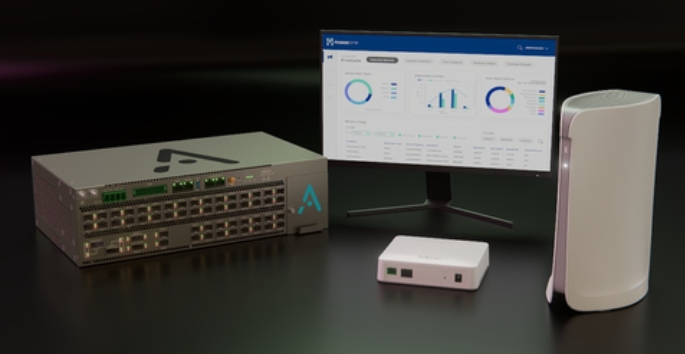Biden Administration's AI chips rules met with grumblings from Nvidia, European Commission
The Biden Administration released a new rule this week restricting exports of AI chips, but US-based graphics processing unit (GPU) giant Nvidia and the European Commission are among the organizations expressing concern about the potential economic impact of the rule.
In the wrong hands, "powerful AI systems" could threaten national security, said the White House in a statement. The new ruling places restrictions on how AI chips and models can be shared with foreign countries to "set up a global framework that will guide how artificial intelligence spreads around the world in the years to come," according to the New York Times (NYT).
"To enhance U.S. national security and economic strength, it is essential that we do not offshore this critical technology and that the world's AI runs on American rails," the White House said.
However, the European Commission said it has already shared its concerns with the Biden Administration about restrictions to AI chip exports for some EU Member States and their companies.
"We believe it is also in the US economic and security interest that the EU buys advanced AI chips from the US without limitations: we cooperate closely, in particular in the field of security, and represent an economic opportunity for the US, not a security risk," said the European Commission.
In a blog post, Ned Finkle, VP of government affairs at Nvidia, expressed frustration with the current Administration's approach to AI. Finkle argued that the Trump Administration laid a foundation for the US' current success in AI, but the Biden Administration is putting global progress for AI in jeopardy.
"The Biden Administration now seeks to restrict access to mainstream computing applications with its unprecedented and misguided 'AI Diffusion' rule, which threatens to derail innovation and economic growth worldwide," wrote Finkle.
The Administration's AI ruling comes under the guise of an "anti-China" measure but wouldn't improve US security and would weaken the US's global competitiveness, added Finkle.
The AI framework could impact 120 countries including Mexico, Portugal, Israel and Switzerland, according to the Associated Press (AP). Tech industry groups including the Information Technology Industry Council and the Semiconductor Industry Association are among those concerned with the potential economic impact of the AI ruling and the timing of the announcement, which comes shortly before a presidential transition, explained the AP.
Allies and partners exempt from AI rule
Within the ruling, the Biden Administration said there won't be any restrictions to chip sales to 18 key allies and partners. The US and its 18 partners include Britain, Canada, Germany, Japan, South Korea and Taiwan, among others, according to NYT.
Exemptions for trusted companies means cloud providers including Amazon, Google and Microsoft likely won't be hindered in their data center expansion operations, explained the AP. The outlet cited a statement of support from Microsoft President Brad Smith: "We're confident we can comply fully with this rule's high security standards and meet the technology needs of countries and customers around the world that rely on us."
The regulations' goals are to encourage the development of advanced AI models within the US and its partners, and to restrict China from "obtaining from other countries the technology it needs to produce artificial intelligence," said NYT.
"countries that are already subject to U.S. arms embargoes, like China and Russia, will continue to face a previously existing ban on A.I. chip purchases," NYT explained.
Limitations to GPU exports
Chip orders with collective computation power equivalent of as many as 1,700 advanced GPUs won't require a license and won't count against national chip caps, the Biden Administration said. Entities that meet certain security and trust standards can make "Universal Verified End User" (UVEU) status and "place up to 7% of their global AI computational capacity in countries around the world – likely amounting to hundreds of thousands of chips," it added.
There are also provisions for entities meeting security requirements to gain "National Verified End User" status, which means they can purchase computational power equivalent of up to 320,000 advanced GPUs over the next two years.
Non-VEU entities can purchase the equivalent of up to 50,000 advanced GPUs per country. "This cap ensures that U.S. technology is available to service foreign governments, healthcare providers, and other local businesses," said the Administration.





